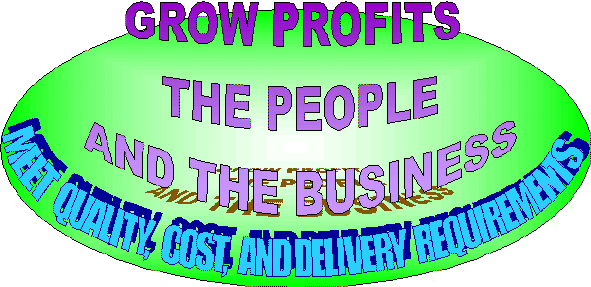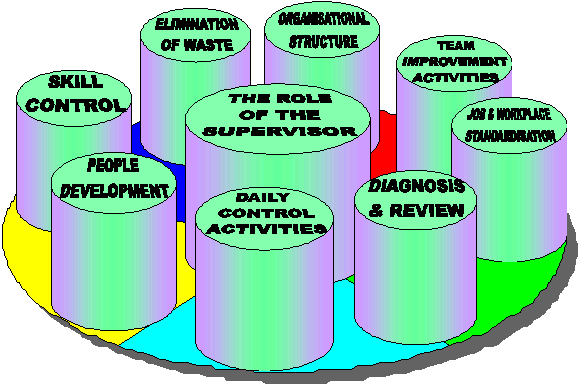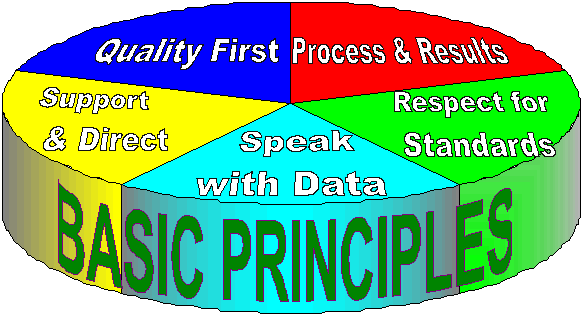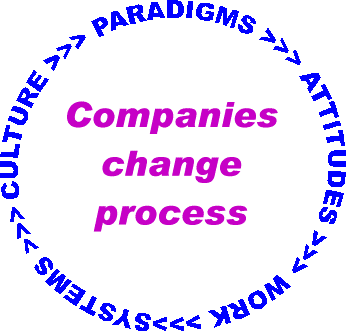 |
Basic Principles of Genba
Kanri |
| When visiting GK companies
one cannot fail to be impressed by the use of tools and techniques for
managing the day-to-day business. What is more, it is apparent that these
are not just the current 'flavours of the month'. When questioned, one's
hosts can explain or show the links between the various tools: 'This
indicates our hourly / daily performance; this is what we do when there is
a deviation; this is how we confirm the effectiveness of
countermeasures....etc.'
What may not be so obvious is what is in
the hearts and minds of those using such tools, and maintaining healthy and
effective systems! Over the years we have seen many common threads amongst
such companies; these may be summarised as: |
| Quality
First |
Quality
is as defined and expected by our customers and consumers. Anything less
is unacceptable. We adopt a quality attitude to our people, materials and
equipment. This enables us to deliver - on time, in full, at minimum cost. |
| Respect
for Standards |
These
define expectations in terms of what we have to do and how
we do it. They are simple, objective and conspicuous and reflect best
practice. We establish, install and maintain them and use them as a basis for
further improvement. |
| Speak
with Data |
Data
enables us to measure conformance to standards. It clearly defines
targets, priorities, achievements, deviations and improvements. By
analysing data we are able to see patterns which help us to make decisions
and guide our
future actions. |
| Process
and Results |
We
pay attention to results, because they sustain healthy business; at the
same time we focus on the processes that deliver the results. As they are
mutually supportive we balance our efforts between the two. |
| Support
& Direct |
We
have to align our people to common goals, and all must strive to achieve
them. We give people the resources, competencies and confidence to achieve
what is expected of them. |
|
In our consulting work we are able to develop
our clients' appreciation of these fundamental principles in a number of ways:
|
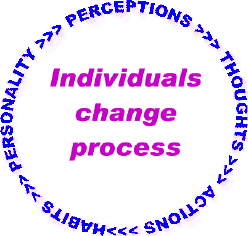 We can help to get the change
process started by helping people to see things differently, and do
things differently.
We can help to get the change
process started by helping people to see things differently, and do
things differently.
|
-
By explaining them in discrete seminars, or as a
preface to shop-floor Workshops
-
By 'walking the talk', supported by the
leadership of our client companies
-
By having people suspend their disbelief, act
according to the concepts for a while, and see what results they can
achieve
-
By contrasting the above with what happens if we
compromise on quality; use individual skill & judgement alone;
avoid data; focus only on process or results; or simply let exhort
people with threat of punishment for failure
|
We tend to find, sometimes deep down, that people at
all levels in the organisation really seek the same thing: |
 We can help to get the change
process started by helping people to see things differently, and do
things differently.
We can help to get the change
process started by helping people to see things differently, and do
things differently.